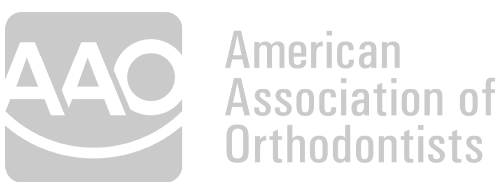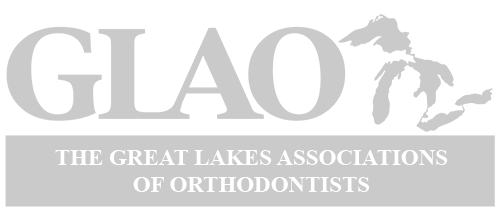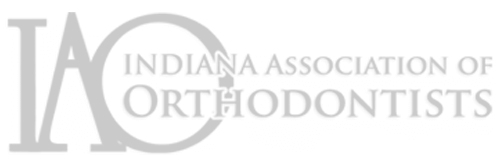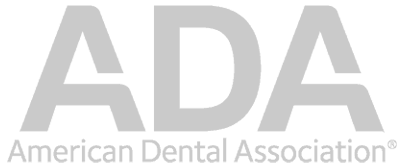Why Braces ??
Dental braces are used to straighten crooked teeth , align upper and lower jaws, improve the aesthetics of smiles and faces, and relieve pressure on temporomandibular joints.
When should you get braces?
The ideal age for starting orthodontic treatment ranges from 7 to 13. In children, the goal of orthodontic treatment is not only to create straight well-aligned teeth, but also to improve the facial profile that will remain stable throughout adolescence and adulthood. Orthodontic treatment in adults is more difficult. Those who undergo treatment should be aware that they will probably need to wear a retainer at night the rest of their lives if they want to maintain the results of the treatment.
Are braces medically necessary?
Sometimes braces are used as the end treatment of temporomandibular joint (TMJ) therapy. Problems of TMJ are usually aggravated by the lower jaw being positioned too far back so that the blood vessels and nerves of the TMJ are compressed. TMJ splint therapy is used initially to relieve this pressure and to reduce pain. The splint actually moves the lower jaw to a new position. If the patient does not want to wear a splint for the rest of his/her life, then the teeth must be moved to stabilize the jaws in this new position. This movement of teeth can be done by dental braces.
Orthodontic appliances can also be used to help a child overcome the infantile habits of sucking a thumb, finger, or pacifier. Sucking habits are usually not a major concern unless they are perpetuated after age 6 or 7, when the permanent incisors and molars start to erupt into the mouth. If these habits persist in the presence of permanent teeth, then permanent changes in the teeth and jaw bones are produced. Sucking habits can create open bites where the upper and lower front teeth do not meet. They can lead to protrusive teeth and upper lips and protrusive- looking faces in general. Excessive sucking causes the muscles of the cheeks to constrict the upper dental arch. This contributes to a loss of space for the tongue to rest, and subsequent abnormal tongue posture or tongue thrusting habits. Sucking also causes the maxillary sinuses to constrict, which aggravates breathing and allergy problems.






